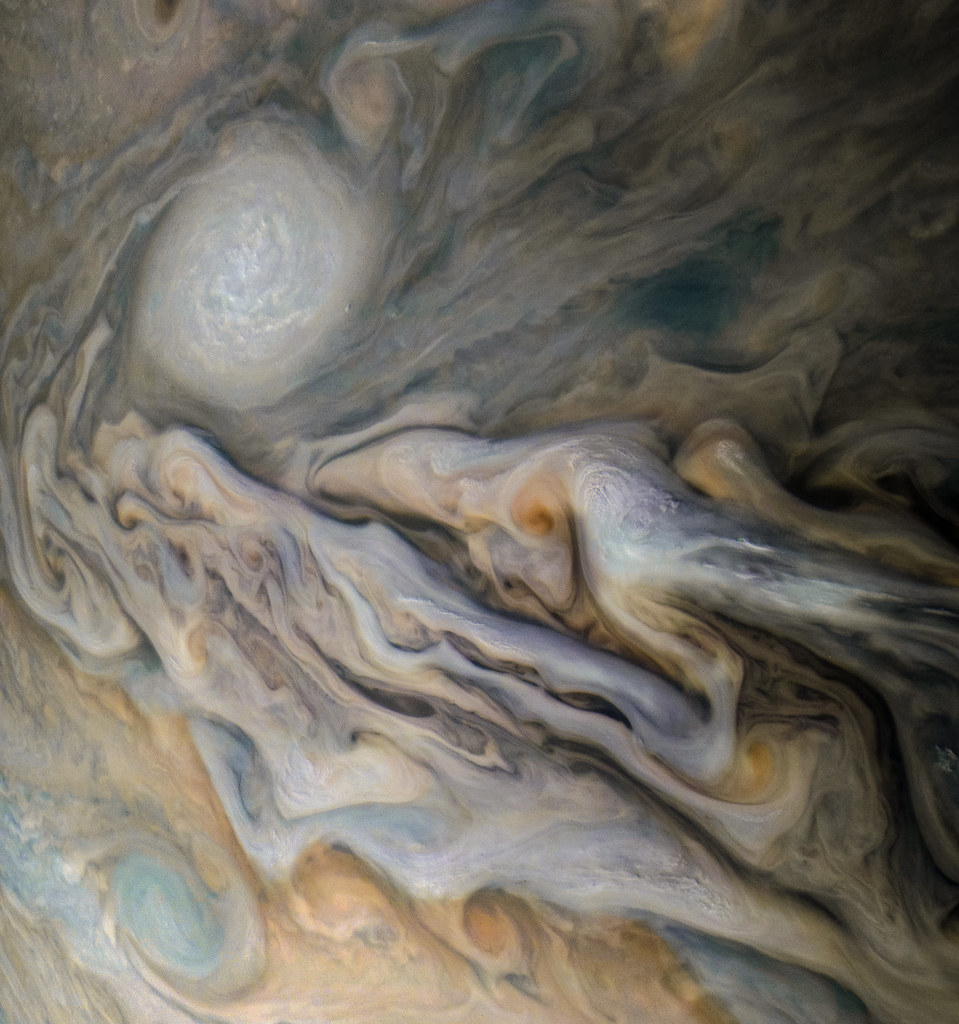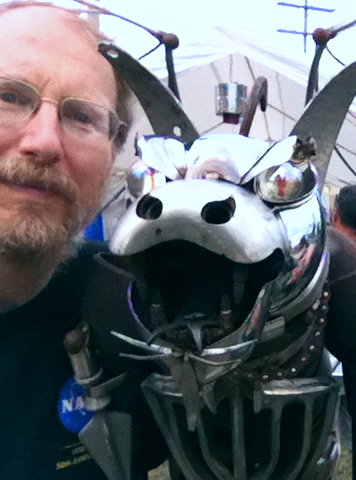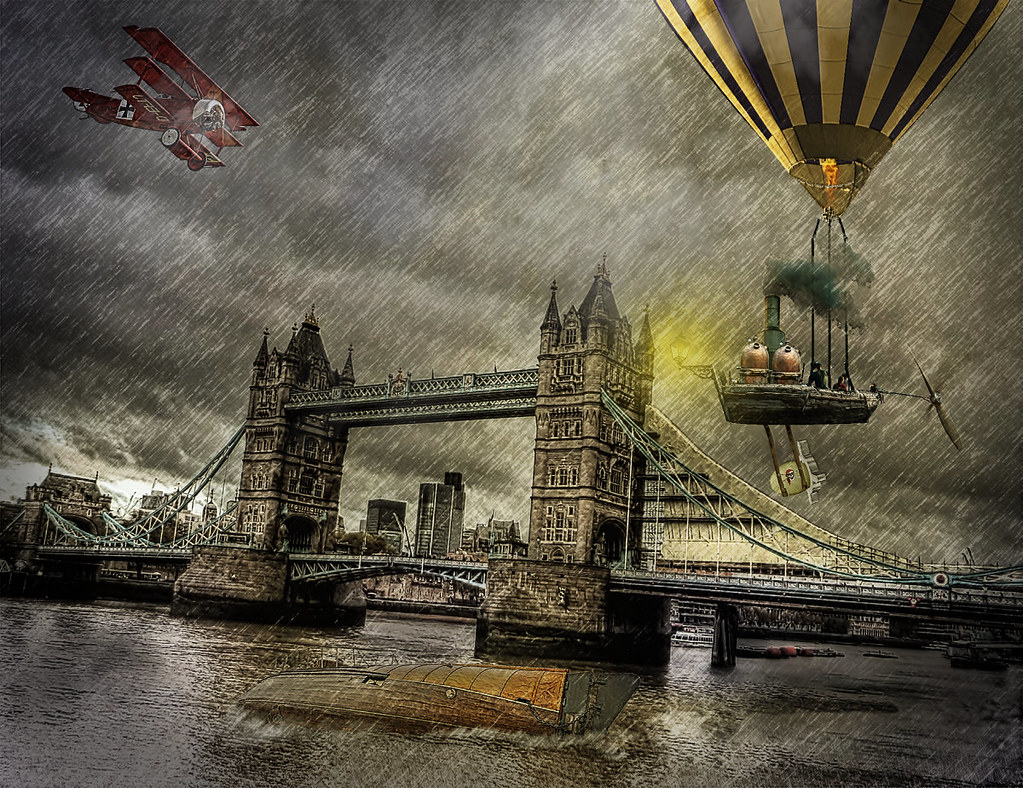For I dipt into the future, far as human eye could see,
Saw the Vision of the world, and all the wonder that would be;
Saw the heavens fill with commerce, argosies of magic sails,
Pilots of the purple twilight dropping down with costly bales;
Heard the heavens fill with shouting, and there rain’d a ghastly dew
From the nations’ airy navies grappling in the central blue;
Far along the world-wide whisper of the south-wind rushing warm,
With the standards of the peoples plunging thro’ the thunder-storm;
Till the war-drum throbb’d no longer, and the battle-flags were furl’d
In the Parliament of man, the Federation of the world.
There the common sense of most shall hold a fretful realm in awe,
And the kindly earth shall slumber, lapt in universal law.
This excerpt from Tennyson’s ‘Locksley Hall’ has a steampunk feel to it–“the nations’ airy navies grappling”–what exactly did he imagine? The hot air balloons that had been developed in the previous century, now using grappling hooks and rifles in their battles? And it ends not with a talking-shop United Nations, but with a World Federal Government… It is quite a vision from the young Tennyson; and this slice of the poem has taken on a life of its own, quite distinct from the general ranting about his failed love affair which is the theme of ‘Locksley Hall’.
The full poem contains well-known lines such as
In the Spring a young man’s fancy lightly turns to thoughts of love;
and the poet foresees his former lover, now married to a man he dislikes, in a poor relationship:
He will hold thee, when his passion shall have spent its novel force,
Something better than his dog, a little dearer than his horse.
A situation which he thinks she deserves, and which brings out his (pre-)Victorian misogynism:
Woman is the lesser man, and all thy passions, match’d with mine,
Are as moonlight unto sunlight, and as water unto wine—
So we can leave all that alone, and just look at his science fiction passage: the skies filling with commerce and warfare, before the world achieves global peace and quiet. A nice vision of a young man in his mid-20s, writing two years before Victoria became queen. 1835 is quite early. For comparison Jules Verne, often called “the Father of Science Fiction”, was only seven years old when Tennyson wrote ‘Locksley Hall’. But that hardly makes Tennyson unique as a prophet: Mary Shelley had published ‘Frankenstein’ in 1818, and her apocalyptic dystopian ‘The Last Man’ in 1826. And fantastical speculation goes back a lot further, to at least the 2nd century with the bizarre work of Lucian of Samosata, an Assyrian who wrote A True Story. But at least compared with Lucian, Tennyson was on the right track, with a little more science to back his fiction.
Photo: “steampunk attack” by tom.keil is licensed under CC BY-NC-SA 2.0









